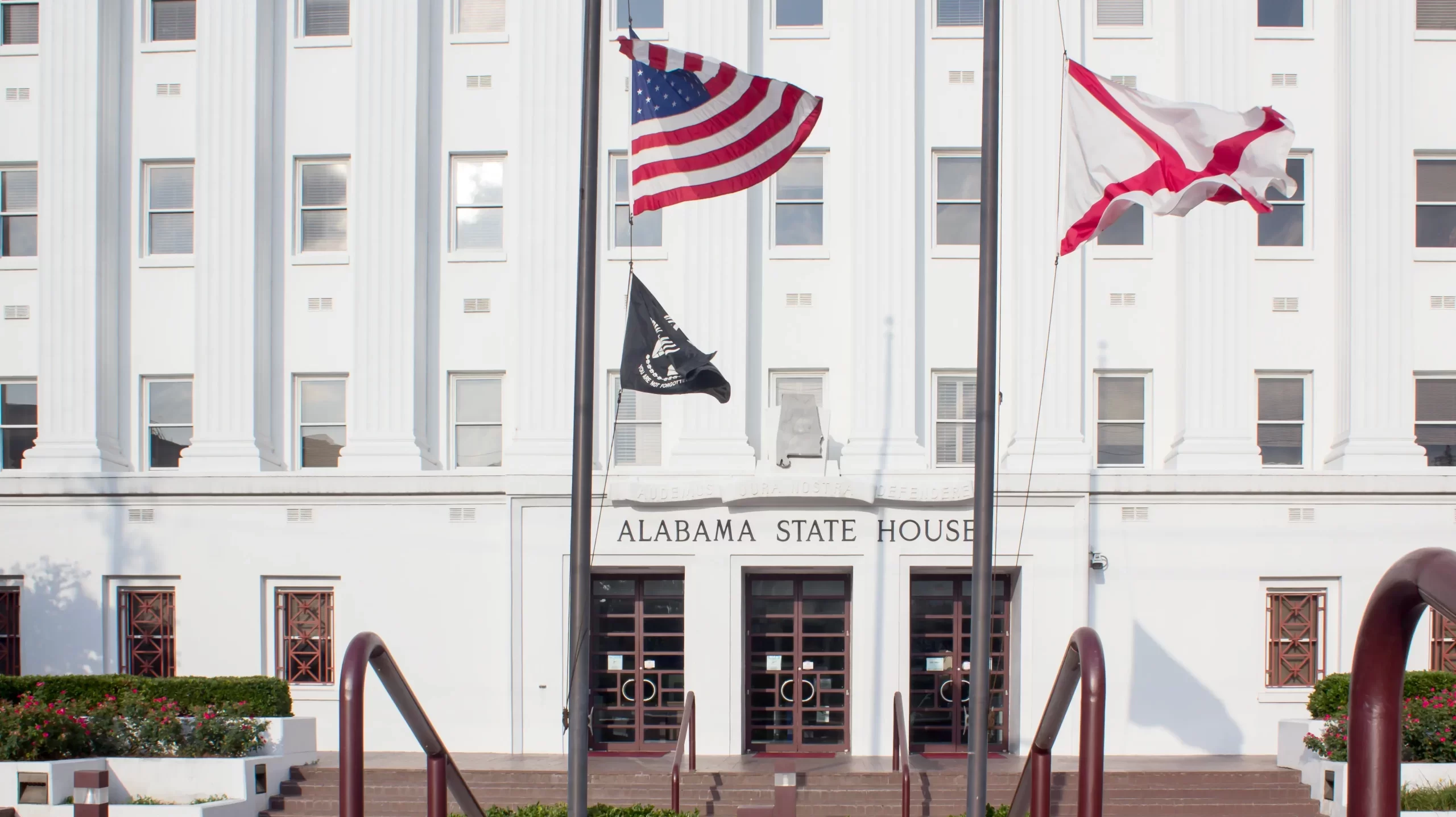|
Getting your Trinity Audio player ready...
|
Even though the will of most Alabama voters was thwarted by a minority of Republican Legislators disallowing their constituents the right to vote on a lottery, the Session was a success.
The legislature was thrown a myriad of major issues and they dealt with them in quick order. The paramount factor in any session is whether the two budgets are passed and passed prudently. They were and they are prudent. Ever since Republicans took the majority in the Alabama House and Senate in 2016, our state budgets have been sound, balanced, and fiscally responsible.
There is an old tried and true maxim that it is more difficult to craft a budget when there is a surplus than when there is a shortage or lack of funds. This truism has been at play for the last three years. There has been a tremendous amount of money flowing into the state coffers for budgeting. Excess COVID federal money, along with rampant inflation, have given Budget Chairmen, Senator Arthur Orr, R-Decatur, Representative Danny Garnett, R-Trussville, Senator Greg Albritton, R- Poarch Creek, and Representative Rex Reynolds, R-Huntsville, a flush hand to deal with. They have done a good job of delving out the money wisely and prudently. They have set aside monies for rainy days in the future because what goes up will come down.
The first major issue to come up was the so called, “School Choice Bill.” This is a very popular political topic among Republicans. A good many Republican states have accepted this measure, and our super majority Republican legislature did not want to be left out. The new law sailed through both chambers of the Legislature swiftly and easily.
All this law does is take education dollars from public school districts and give tax breaks to well heeled parents to send their children to private schools. Privately most mainstream and majority of Republican legislators held their noses and voted for this even though they were not totally sold on it. Many told me this was a tougher vote than voting “yes” to their Constituents being allowed to vote on a lottery.
Understandably, Republican legislators who hail from excellent public schools like Vestavia, Auburn, Enterprise, all North Alabama, including Huntsville, Madison, Athens, and Decatur, are being asked to steer money away from their proud public school system to folks in Montgomery to send their children to private school.
The most significant legislative package passed was the “Working for Alabama” laws. These job-creating and futuristic economic development initiatives were all passed expeditiously. They were introduced halfway through the session, and Speaker Nathaniel Ledbetter and Senate President Pro Tem Greg Reed did a yeoman’s job of shepherding them towards passage.
These workforce bills were truly a bipartisan effort spearheaded by the Business Council of Alabama. The photos of the introductory rollout of the bills included both the Republican leadership and the Democratic leadership. In the photo were BCA Head Helena Duncan, Gov. Kay Ivey, Lt. Governor Will Ainsworth, Speaker Nathaniel Ledbetter, President Pro Tem Greg Reed, Senate Minority Leader Bobby Singleton, and House Minority Leader Anthony Daniels.
The bills included a tax credit program to help remedy a shortage of quality affordable childcare that makes it harder for single mothers to work or return to work. The bill authorizes tax credits for employers who invest in childcare centers for their employees. Another part of this initiative creates an Alabama Workforce Housing Tax Credit. These credits are intended to be incentives for developers to build housing that offer rent that would be affordable for people entering or returning to the workforce.
Lt. Governor Will Ainsworth led a commission that developed many of these ideas, and House Speaker Nathaniel Ledbetter appointed a labor shortage study group. Ainsworth’s and Ledbetter’s collaboration worked well to accomplish passage of this important legislation.
The Education Budget was the largest in state history. It provides a 2 percent raise for education employees across the board and makes the starting pay for teachers more than $46,000, which is the highest starting salary in the region.
The General Fund Budget is also a record high. It gives a 2 percent cost of living raise to all state workers. Under Alabama State Employees Association Executive Director Mac McArthur’s watch, state employees have garnered a COLA raise six out of the last seven years.
See you next week.























































